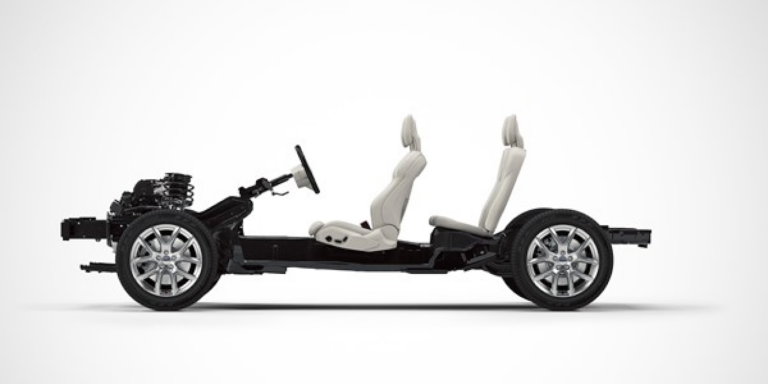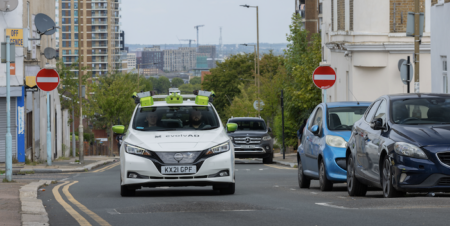According to Volvo Car Group, more than 600,000 Group vehicles based on its Compact Modular Architecture (CMA) platform, have been sold since its introduction in 2017. The platform is used by Volvo and its affiliates, Lynk & Co and Polestar.
The CMA platform, co-developed by Volvo Cars and Zhejiang Geely Holding (Geely), is an example of the joint development, production and procurement achieved since Geely’s acquisition of Volvo Cars on 2 August 2010. The platform debuted in 2017 with the popular Volvo XC40 model, and due to its modular design, was also used to create the Lynk & Co 01, 02, 03 and 05, as well as the pure-electric 2020 Polestar 2 and Volvo’s first all-electric model, the XC40 Recharge P8. Deliveries of the new CMA-based Polestar 2, which will begin in August, will continue to drive sales on this platform.
“We are incredibly proud of these sales figures for our CMA cars,” said Håkan Samuelsson, CEO of Volvo Cars. “We have had 10 very successful years with Geely, and we will continue to leverage the excellent partnerships we have created within the Group to pave the way for further growth and synergies.”
“Volvo Cars today is stronger than it has ever been, and we still have much to do,” added Samuelsson. “We are excited to see our fully electric vehicle range reach the market, led by the XC40 Recharge, and we will keep this momentum going by investing in electrification, new technologies and future mobility solutions.”
Over the past decade, Volvo Cars has grown its business , with global sales rising from 449,255 in 2011 to more than 700,000 in 2019, as well as more than doubling its revenue from SEK 126 billion in 2011 to SEK 274 billion in 2019, and strengthening its operating profit from SEK 1.6 billion in 2011 to SEK 14.3 billion in 2019.
The company also expanded its manufacturing and R&D network across the globe: while it started out with two manufacturing plants and an engine plant in Europe, it now has four additional manufacturing sites and an R&D centre in China, as well as a manufacturing plant in the USA.
In the coming years, Volvo Cars aims to establish itself as a leader in electrification, and by 2025 it wants half of its global sales volume to consist of fully electric cars, with the rest being hybrids.
It also aims to establish millions of direct consumer relationships through new forms of mobility, and it expects to play a leading role in the safe introduction of autonomous-drive technologies.





